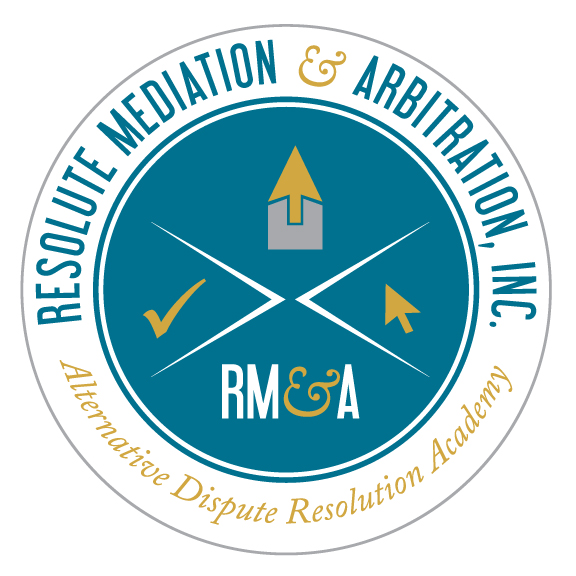No products in the cart.


Religion In the Workplace America is often referred to as a Melting Pot. This is simply a metaphor for a society of people, from various backgrounds and beliefs, who merge together as one. Despite the differences, a melting pot society manages to coexist and live together as one nation.
The First Amendment to the U.S. Constitution allows for everyone in the United States to bear the right to practice his or her own religion, or refrain from practicing religion.
As part of the First Amendment, there is a Free Exercise Clause which gives a person the right to worship or not as he or she chooses. The government cannot penalize anyone based on religious beliefs.
These same protections extend to the workplace as well. So what does this mean for managers and human resource officers? It means that in order to avoid costly lawsuits, it is imperative that managers understand what does and does not constitute as religious freedoms.
Title VII under the U.S. Equal Employment Opportunity Commission protects all aspects of religious practice and beliefs. Deciphering which actions constitute as religious practice can often be difficult to determine. It is, however, extremely beneficial to a company’s bottom-line that managers are very clear on the differences and act accordingly.
There is a recent case where a hotel dishwasher was awarded $21.5 million by a federal court jury in Miami, Florida. The jury reached the conclusion that her employer failed to honor her religious beliefs. The employee claims that she repeatedly expressed her wish to have Sunday as a day of worship. Her pastor even submitted a letter to the hotel stating her need for the time off. The employer, however, continued scheduling her on Sundays, and then firing her.
This is a very costly mistake and one that could have been avoided if management had been properly trained on Title VII of the U.S. Equal Employment Opportunity Commission.
As an example, if visible tattoos are against policy and an employee continuously arrives to work with a large exposed tattoo on his arm, can the employer enforce the policy and require the employee to cover the tattoo or be at risk for termination? The correct answer is yes, the employer can require that the tattoo be covered while at work. This is because personal style or fashion, not related in any way to religion, is not covered under Title VII.
However, if an employee arrives to work wearing a necklace with an exposed Christian cross and claims that the symbol is an expression of his religion, the employer must allow it under the protection of Title VII.
As you can see from the above examples, determining different scenarios that may be protected under Title VII can often be difficult to determine. Instead of leaving it up to individual interpretation and risking an expensive lawsuit, organizations would greatly benefit from on-going training.
Programs and training in Employment and Labor Law mediation courses offered through The Alternative Dispute and Resolution Academy are investments that could prevent expensive lawsuits. These courses focus on employment religious accommodation and consideration for others.
Although it is often necessary that organizations have rules and policies in place to protect the integrity of the company culture and workplace, it is equally necessary to respect and allow for religious freedoms. Alternative Dispute and Resolution Academy can help your organization navigate the differences.

